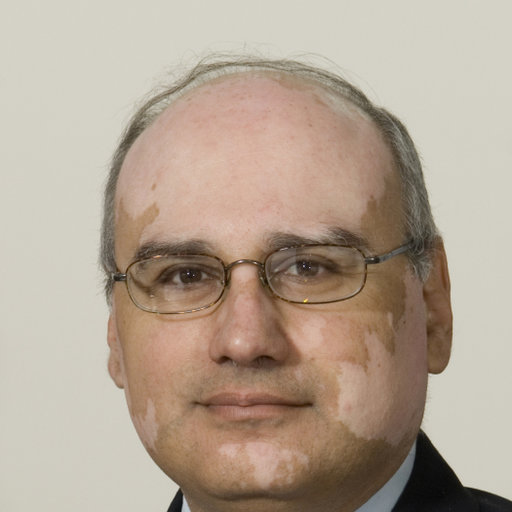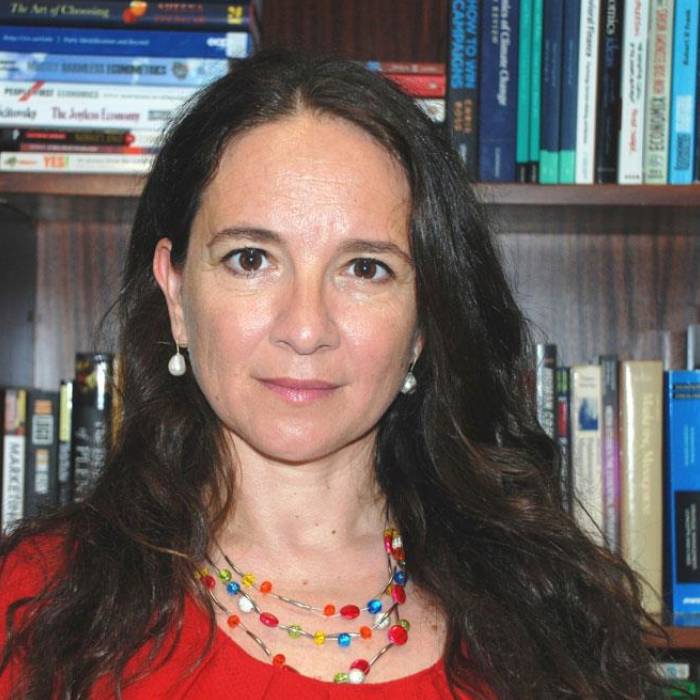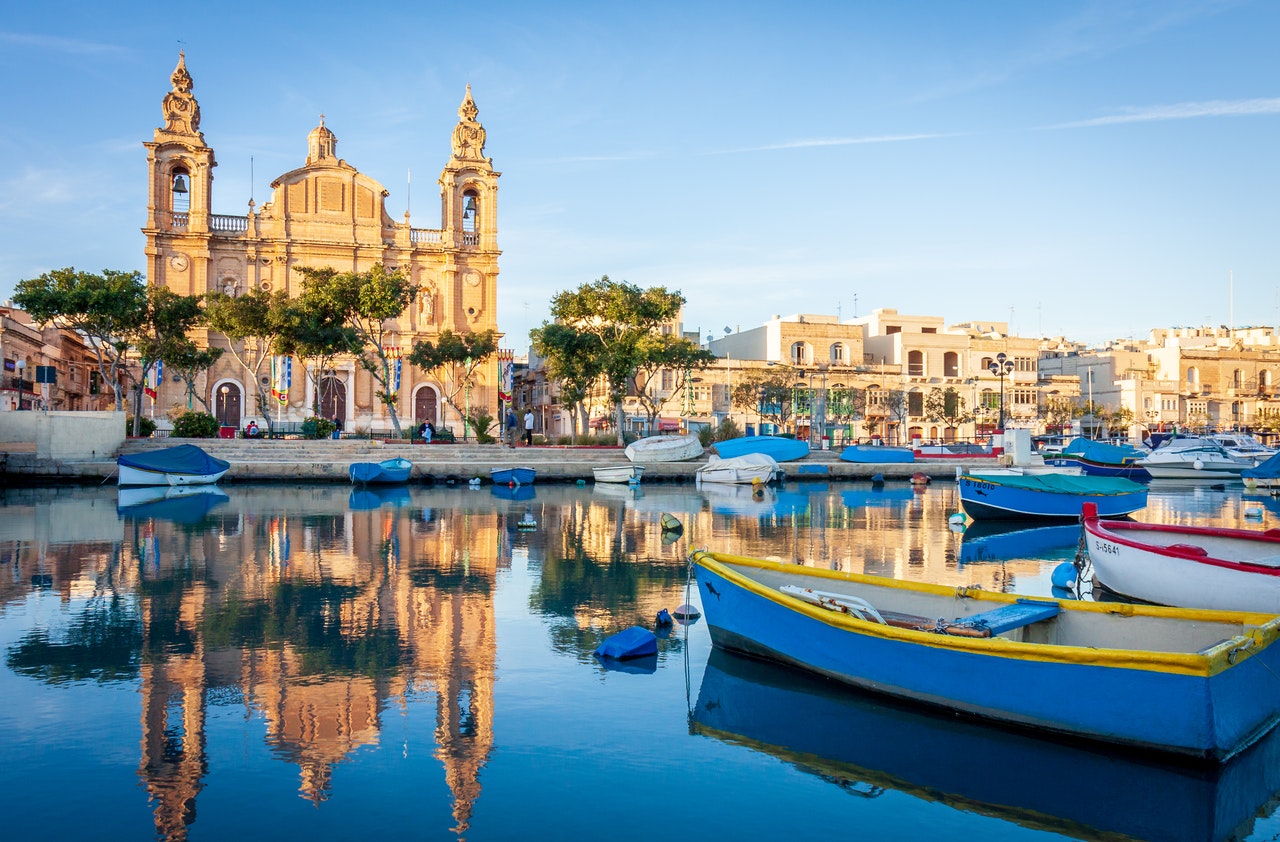A global minimum corporate tax rate may be on the cards, but leading local economists say that there is no real short term danger to Malta’s position as a tax-competitive jurisdiction, although the country needs to prepare for a medium term future where this advantage is nullified
US President Joe Biden’s global tax reform plan has found fertile ground in European G7 nations, which have long protested at the tax revenues being lost as companies use aggressive tax planning by shifting profits to low tax jurisdictions.
In January, Minister for Finance Clyde Caruana made headlines with a remark that foreign direct investment needs to be driven by the “right reasons”, going beyond tax competition.
Asked whether companies planning to relocate their headquarters to Malta to benefit from the effective five per cent tax rate might reconsider in view of the talks going on at a global level, Professor Philip von Brockdorff, who leads the Department of Economics within the Faculty of Economics, Management and Accountancy at the University of Malta, is doubtful.

“Relocating is costly,” he says, and points out that factors beyond the tax rate have an impact on companies’ decision to relocate, like supply of labour, stability of the economy, and a well-established supply chain.
However, Prof. von Brockdorff says the COVID-19 pandemic and the European response to it through the Next Generation EU relief fund have accelerated progress towards some form of tax consolidation.
“Malta still has tax sovereignty,” he says, “but in the medium term we might have to come to terms with a different reality.”
Concerns about aggressive tax planning have been on the European agenda for some time, and Prof. von Brockdorff echoes Minister Caruana’s stance when he says that Malta will need to address them.
He is adamant that Malta has to defend its position in relation to the tax regime to attract investment in certain sectors like gaming and financial services, while also looking at other ways to appeal to foreign capital.
“We need to start looking at alternatives to attract investments in economy without giving too much away,” he says.
“One of our drawbacks is that we’re on the periphery, and our tax regime reflects that fact. So how do you attract investment to a small country on the periphery? If not a tax regime, we need something else.”
Fellow academic at the Department of Economics Dr Marie Briguglio, who lectures on environmental economics, behavioural economics, and economics of social policy, agrees with Prof. von Brockdorff that companies come to Malta for reasons that go beyond the bottom line.

“And as time goes by, those other reasons are only going to become more salient,” she says.
“No enterprise relocates on the basis of tax alone. They also consider the quality of life that would be available to their employees, infrastructure, and the skill of the local workforce.”
She believes that these factors will “naturally” become more important, and describes this as a net plus for Maltese people, pointing out that “if more emphasis is placed on quality of life for foreign workers, it will synergise with the needs of the local population”.
Dr Briguglio says that international companies can be enticed by good and transparent governance, clear and understandable bureaucratic systems, and efficient infrastructure, along with the previously mentioned quality of life and skilled workforce, despite our peripheral position.
Turning back to taxation, she says that the extent to which tax sovereignty should be given up is an open question that requires a lot of thought.
“When you join a club, you join to get the benefits, but also to conform to a level playing field. So you need to be realistic about the impacts our tax advantageous system has on fellow European states.”
She also notes that while a tax rates may be harmonised, exemptions might not.
In fact, she says that this element is crucial for any nuanced discussions on the matter.
“Tax is more than a revenue-raising measure,” she explains. “It’s also a policy-making instrument, used to address pollution or encourage certain industries.”
“When you lose that sovereignty, you’re basically losing an important lever with which to govern.”
‘It’s still about creating a meaningful connection with customers’: Matthew Fenech, Motors Inc.
The CEO explains how Motors Inc. keeps the customer experience at the centre of its growth trajectory
MFSA flags ‘misalignment’ between objectives and public expectations of green loans
Green investment is nonetheless expected to balloon over the coming years
Super rare Ferrari Daytona SP3 spotted cruising along Malta’s roads
The car is currently being traded for a whopping €4 million






